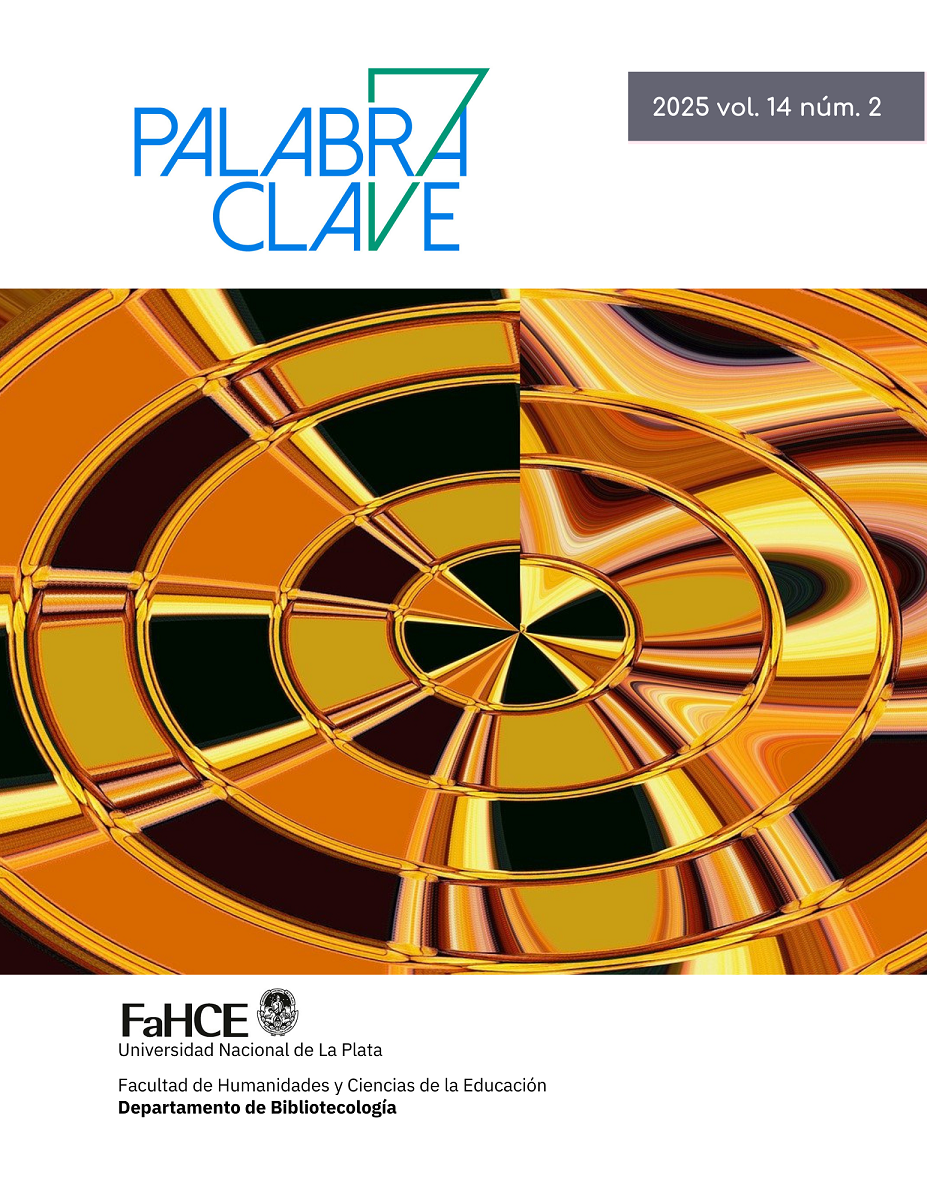Digital government: legal framework on interoperability and data sharing in Brazil
Main Article Content
Abstract
Digital government, by using information technology with a focus on transparent, quality and citizen-centered management, has, among other things, the aim of modernizing the provision of services and rationalizing spending. In this context, by encompassing studies on information policies, information sharing and dissemination in Information science, digital government requires interoperability standards between systems for its effective implementation. Based on the question of the legal bases in force in Brazil, the aim of this study was to carry out a brief mapping of the legislation relating to the norms and standards of interoperability and data sharing in the Brazilian digital government. The research, characterized as descriptive and exploratory, used documentary research to investigate legislation related to interoperability in the Brazilian digital government until January 2024. By analyzing the regulations, standards and rules were identified for the exchange of information between government bodies. The study revealed that these laws seek to promote the efficient integration of systems, the transparency of government actions and easier access for citizens to public services. Although some limitations were found, such as the lack of clarity in some guidelines, the research adopted a careful approach to analyzing the available data and contributed to mapping the legal framework that guides interoperability in the Brazilian digital government, providing a basis for future research and the continuous improvement of systems integration practices. As prospects for future work, it is suggested that Brazilian guidelines be compared with international standards.
Downloads
Article Details

This work is licensed under a Creative Commons Attribution-NonCommercial-ShareAlike 4.0 International License.
References
Escola Nacional de Administração Pública (2015). Introdução à interoperabilidade: Módulo 3 A arquitetura ePING. https://repositorio.enap.gov.br/jspui/bitstream/1/2401/1/M%C3%B3dulo_3_EPING.pdf
Fonseca, J. J. S. (2002). Metodologia da pesquisa científica. Universidade Estadual do Ceará. http://www.ia.ufrrj.br/ppgea/conteudo/conteudo-2012-1/1SF/Sandra/apostilaMetodologia.pdf
Gil, A. C. (2017). Métodos e técnicas de pesquisa social. Atlas.
International Organization for Standardization. (2013). ISO 25964-2: Information and documentation - Thesauri and interoperability with other vocabularies - part 2: interoperability with other vocabularies. ISO.
Thorstensen, V. & Zuchieri, A. M. (2020). Governo digital no Brasil: o quadro institucional e regulatório do país sob a perspectiva da OCDE. FGV EESP. https://repositorio.fgv.br/server/api/core/bitstreams/fdc9f1fa-d65e-48e5-b0a5-7341cbd2e33f/content
Triviños, A. N. S. (1987). Introdução à pesquisa em ciências sociais: a pesquisa qualitativa em educação. Atlas.
